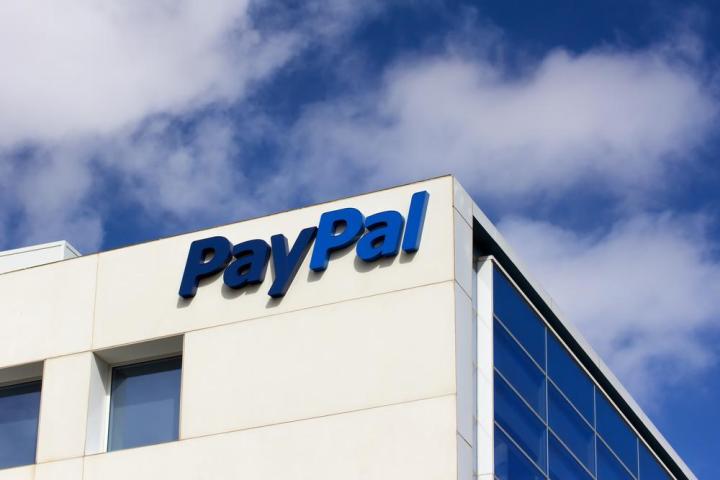
Now it seems Netflix is gaining an unlikely ally, as PayPal has cut off payment services to at least one VPN provider, TorrentFreak reports. The company sent an email informing Canadian VPN provider and SmartDNS service UnoTelly of its decision.
“Under the PayPal Acceptable Use Policy, PayPal may not be used to send or receive payments for items that infringe or violate any copyright, trademark, right of publicity or privacy, or any other proprietary right under the laws of any jurisdiction,” the email reads.
“This includes transactions for any device or technological measure that descrambles a scrambled work, decrypts an encrypted work, or otherwise avoids, bypasses, removes, deactivates, or impairs a technological measure without the authority of the copyright owner,” PayPal’s email continues.
To UnoTelly, this move was unexpected. The company has since encouraged its users to pay using credit cards. In the meantime, it has also revamped its main page. While an archived version of the site from January shows it specifically as a service designed to get around “Geoblocking,” the company’s website now focuses on privacy and security. Only the name and TV antenna logo hint at the service’s original marketing.
While services like UnoTelly are relatively public about the potential use of their services for watching region-restricted content, this decision could affect all VPN users. Plenty of VPN users have chosen to utilize a VPN out of a need for privacy or for additional security, but the wording in PayPal’s statement doesn’t appear to make a distinction between the different uses.
For the time being, it isn’t clear if PayPal has sent similar emails to other VPN providers, or if it will act as aggressively with providers that aren’t actively promoting their services for skirting region restrictions.


